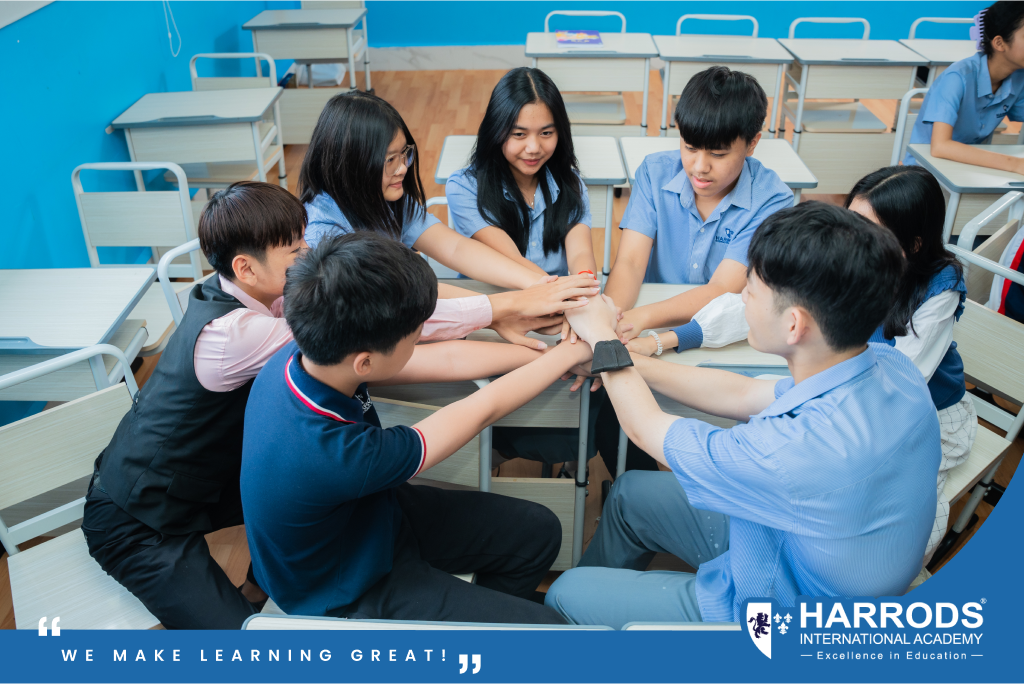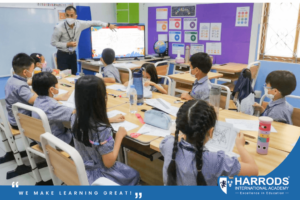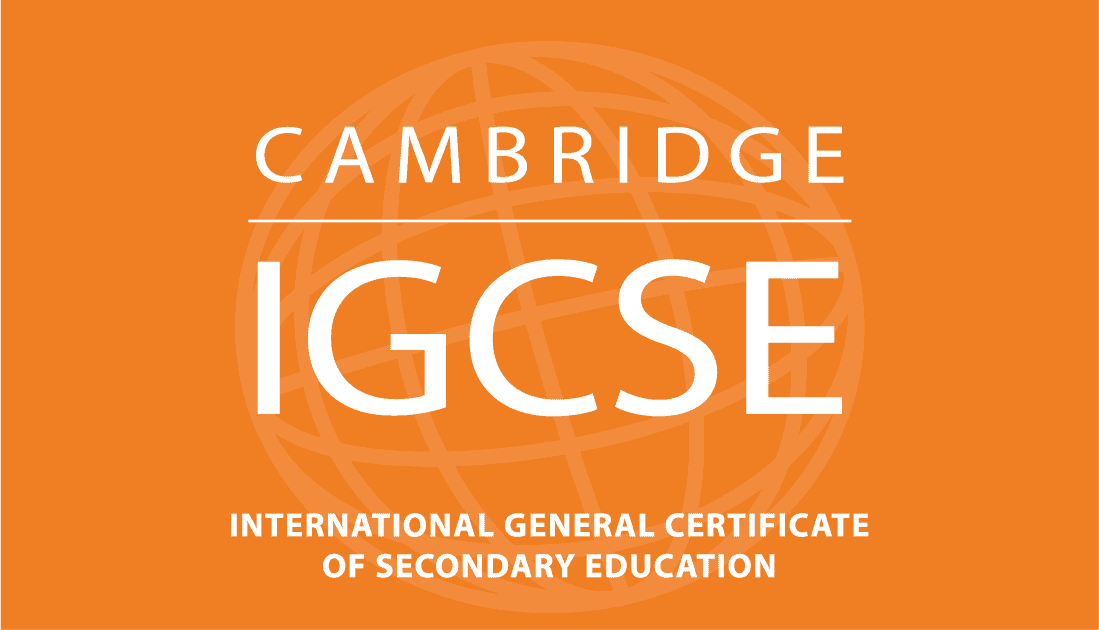Table of Contents
Extracurricular activities are pursuits offered by educational institutes beyond the conventional academic curriculum. They allow students to grow personally, acquire skills, and connect socially, resulting in an enjoyable learning environment outside traditional educational settings. Beyond academic excellence, these provide possibilities to gain meaningful life skills like collaboration, leadership, and time management.
Participation in sports, performance arts and voluntary activities builds self-esteem and resilience. These activities allow students to explore their interests and hobbies by fostering creativity and individual growth. This article highlights exciting extracurricular endeavours for kids in 2024 by schools in Cambodia.
Embracing Physical Well-Being: Role of Extracurricular Activities:
Participation in physical extracurricular activities can support their student’s fitness, stamina and agility. Here are some top extracurricular activities for students that parents can choose from in 2024:
Sports and Athletics:
- Soccer:
Football focuses on collaboration, strategy, and skilled footwork to offer an exciting playing experience and the physical well-being of players.
- Cricket:
Cricket combines agility, accuracy and collaboration, providing participants a competitive experience and an opportunity for connection and leadership.
- Basketball:
Basketball captivates players and spectators and helps kids develop abilities like agility, coordination and communication with teamwork and defence.
- Individual Sports:
Sports like badminton, golf, tennis, gymnastics, archery, wrestling, skating, swimming and rowing are options for individual activities.
Dance:
- Contemporary:
Contemporary dance is an expressive art form that allows creative storytelling, promoting variety with artistry by combining multiple dance forms.
- Hip-hop:
Hip-hop is an energetic dance style. It builds synchronisation and teamwork using rhythmic footwork, precise body isolations and energetic routines.
- Jazz:
Jazz dance is a vibrant form connecting rhythm, charisma, and spontaneity. It encourages creativity and respect for individual expression.
- Traditional Dance Forms:
Students can learn ancient dance forms like Kathak and Bharatanatyam, step dance, salsa, flamenco and more.
Martial Arts and Training:
- Taekwondo:
Taekwondo is a dynamic Korean self-defence technique that boosts self-control, assurance and physical fitness. It fosters spontaneity, tenacity, and mental agility.
- Karate:
Karate is a Japanese technique that teaches resistance and discipline. It instils values like respect and persistence on and off the dojo floor.
- Judo:
Judo is a traditional martial art for self-defence. It has a strong emphasis on leverage and skill over raw force.
- Jiu-Jitsu:
Jiu-Jitsu is an agile art technique that provides a unique mix of physical training and mental discipline.
Nurturing Creativity: Exploring Extracurricular Creative Pursuits:
Creativity has no limitations. Artistic co-curricular activities offer children a canvas for creative expression. Below is a list of exciting extracurricular activities for students of upper secondary:
Music and Composition:
- Music Theory:
Music theory offers students a deeper understanding of musical principles. It improves musical literacy by examining harmony, rhythm, and notation.
- Voice Training:
Voice training helps improve vocal technique and expressiveness. With breath control and pitch extension exercises, learners discover their singing potential.
- Instrument Lessons:
Instrument learning classes allow students to choose from diverse alternatives like piano, drums, guitar, violin and flute.
Performing Arts:
- Acting Workshops:
Acting workshops immerse learners in the art of performing. It assists them in improving their acting abilities, emotional range, and stage presence.
- Musical Theatre:
Musical theatre brings acting, singing, and dance together. Students learn how to bring fictional characters to life and deliver fascinating stories.
- Stand-up Comedy:
Stand-up comedy allows children to develop their sense of humour, narrative skills, and stage presence, generating laughter and connection.
Visual Arts:
- Painting Classes:
Painting workshops offer children a colourful introduction to creative self-expression. They learn to create their distinct style on canvas.
- Photography Clubs:
Photography clubs expose kids to the skill of visual storytelling. Outings and critique sessions teach them to experiment with lighting and perspective.
- Pottery:
Pottery helps learners to explore the tactile world of 3D art. They can express their ideas by creating beautiful objects.
Cultivating Minds: Engaging in Academic and Intellectual Endeavours:
Exploring academic endeavours as extracurricular activities provides children with the opportunity for intellectual development. Here are some activities that are both entertaining and knowledgeable:
STEM Activities:
- Robotics Clubs:
Robotics clubs offer children practical experience. Building, programming, and competing with robots teach them collaboration and a desire to innovate.
- Coding Workshops:
Programming lessons allow students to discover the world of computer programming. They build a technological foundation via hands-on projects and coding challenges.
- Science Fairs:
Science fairs serve as a medium to showcase scientific interest. Children investigate real-world challenges and improve their critical thinking in STEM areas.
Language and Public Speaking:
- Foreign Language:
Learning a foreign language enables children to discover diverse cultures, perspectives, and opportunities and develop vital communication skills.
- Sign Language:
Sign language teaches children how to communicate with hearing-impaired individuals. They learn signs, spelling and facial expressions that encourage inclusion.
- Debate Workshops:
Debate workshops improve children’s reasoning and research abilities. Discussions, case building and arguments help the defend their claims.
Building Future Leaders Through Social and Community Involvement:
Social and community extracurricular activities let children engage with others and make beneficial contributions to society. Below are some extracurricular activities for kids to cultivate empathy and leadership abilities:
Volunteer Work:
- Environmental Conservation:
Environmental conservation can help to promote sustainability and raise awareness about climate control to create a sense of responsibility.
- Animal Welfare:
Animal welfare initiatives teach children to protect and speak up for animal well-being by volunteering at rescue shelters and endorsing animal rights.
- Elderly Care:
Senior care activities enable kids to connect with older people. Volunteering at elderly homes and organising social activities fosters compassion and respect.
Leadership Workshops:
- Leadership Camps:
Leadership camps teach leadership, team building, and personal growth. It provides the fundamental skills to lead in different circumstances.
- Entrepreneurship Clubs:
Entrepreneurship clubs explore business concepts, gain skills and start new initiatives. They encourage innovation, leadership, and a positive attitude towards entrepreneurship.
- Skill-building Workshops:
Skill-building programmes allow students to pick up practical skills and improve competencies, equipping them with tools for personal and professional success.
Student Support Networks:
- Career Guidance Workshops:
Career support initiatives offer children the skills and resources to make informed decisions about their educational and professional journeys.
- Mentorship Programs:
Mentoring programmes assist in academic and social contexts. They allow learners to develop leadership skills and compassion, creating a welcoming school environment.
- Mental Wellness Awareness:
Mental health campaigns increase understanding of mental well-being within the school community to create a safe environment for every child.
Conclusion:
The role of extracurricular activities in a child’s development journey is vital. They teach valuable qualities like collaboration, discipline, and resilience. These activities become a medium for self-expression and creative thinking.
Students can enhance their social skills, time management and leadership abilities. They allow learners to follow their passions and find diverse interests, transforming them into well-rounded individuals set for achievement in a broad spectrum of fields.

Reading is a fundamental trait for academic performance and personal growth. It supports higher brain function, vocabulary, and comprehension, rendering learning enjoyable. The benefits of
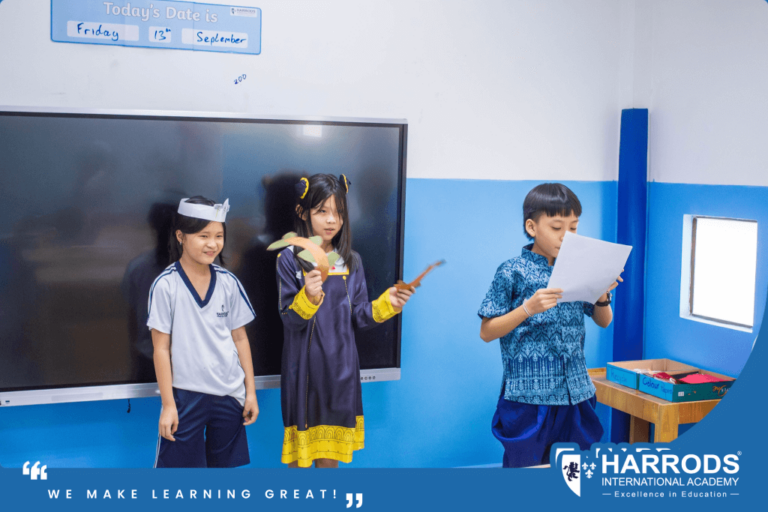
Reading is a primary skill impacting a student’s academic and personal journey. Healthy reading skills boost clarity, logical reasoning, and communication, resulting in holistic success.

Kids in our modern and fast-paced world spend more time on digital gadgets than ever. It can disturb their physical and emotional health, restricting their

